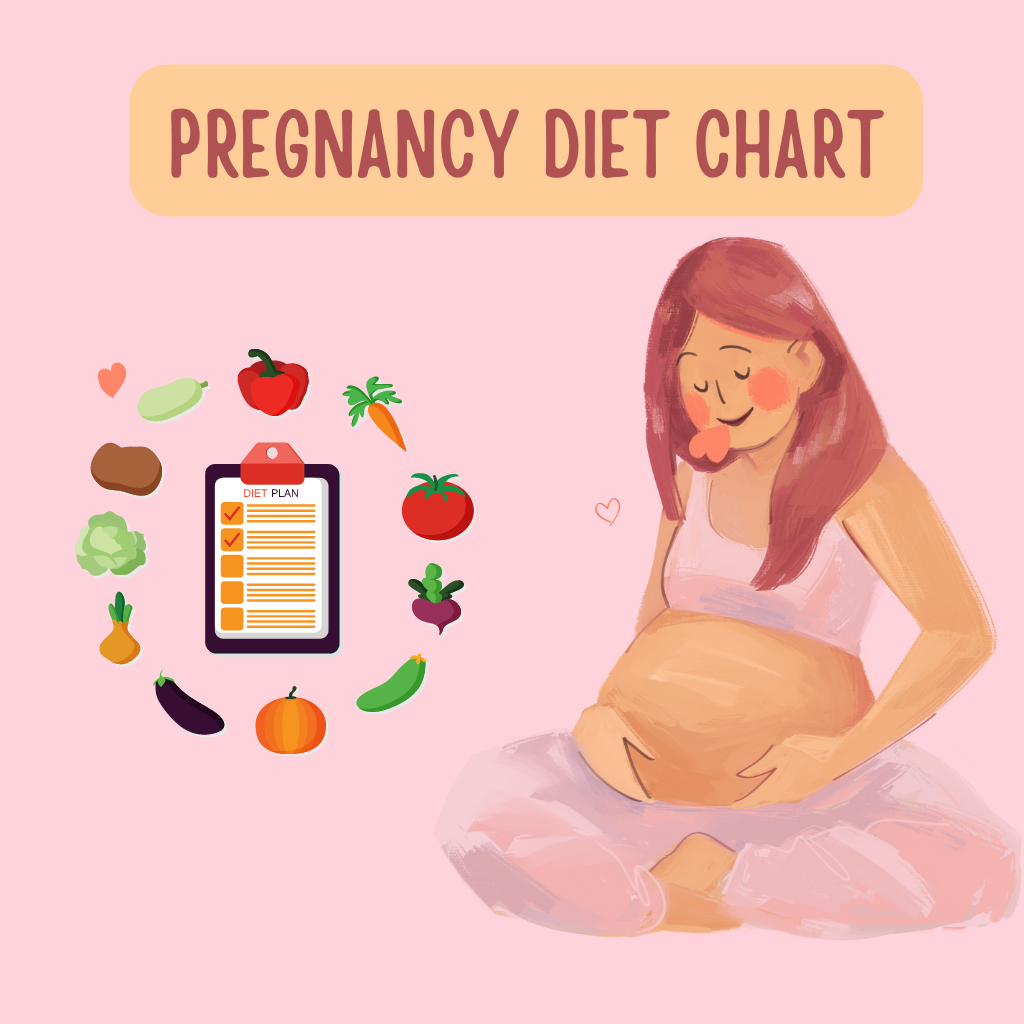This meal plan is designed to support implantation, hormone balance, and uterine health while avoiding foods that may interfere with progesterone levels.
🌅 Early Morning (6:30 - 7:30 AM)
✅ 1 glass warm water with lemon or soaked fenugreek seeds (aids digestion, reduces bloating)
✅ 5-6 soaked almonds + 2 walnuts (healthy fats for hormone support)
✅ 1 tsp chia seeds soaked overnight (hydration & omega-3 boost)
✅ Optional: Light sun exposure (10-15 min) for Vitamin D
🍳 Breakfast (8:00 - 9:00 AM)
✅ Option 1: Moong dal dosa + coconut chutney + warm jeera water
✅ Option 2: Vegetable upma + curd (probiotics for gut health)
✅ Option 3: Oats porridge with nuts & seeds (iron & fiber boost)
✅ Drink: Herbal tea (ginger, tulsi, or fennel) (no caffeine)
🚫 Avoid: Coffee, strong tea, or deep-fried foods
🍏 Mid-Morning Snack (10:30 - 11:30 AM)
✅ 1 banana or 1 apple (natural energy, folic acid)
✅ Sunflower seeds (1 tsp) (supports progesterone)
✅ Coconut water (hydration & electrolytes)
🍛 Lunch (12:30 - 1:30 PM)
✅ 1 cup brown rice / chapati + dal + vegetable sabzi (balanced nutrition)
✅ 1 small bowl curd / buttermilk (probiotics, gut health)
✅ 1 serving of greens (spinach, methi, or drumstick leaves) (iron & folic acid boost)
🚫 Avoid: Heavy spices, raw sprouts, and too much salt
☕ Evening Snack (4:00 - 5:00 PM)
✅ 1 glass warm milk with a pinch of turmeric (reduces inflammation, supports immunity)
✅ Handful of makhana (fox nuts) or puffed rice + sesame seeds (1 tsp) (light & nutritious)
✅ 1 boiled egg (protein boost, supports implantation)
🚫 Avoid: Packaged snacks, junk food, and caffeinated drinks
🍲 Dinner (7:30 - 8:30 PM)
✅ Option 1: Soft phulka + paneer bhurji + lauki sabzi (light & protein-rich)
✅ Option 2: Dal khichdi with ghee (easily digestible, gut-friendly)
✅ Option 3: Vegetable soup + steamed rice (hydration & nutrients)
🚫 Avoid: Heavy or oily food, late-night eating
🌙 Bedtime (9:30 - 10:00 PM)
✅ Warm jeera or ajwain water (aids digestion, reduces bloating)
✅ Continue progesterone medications as prescribed
✅ Relax with deep breathing or light meditation
🚀 Additional Tips for a Successful Implantation
✅ Drink 2.5-3 liters of water daily (prevents dehydration, improves blood flow)
✅ Take Vitamin D, folic acid, and prenatal supplements as prescribed
✅ Avoid stress & stay positive (stress hormones can interfere with implantation)
✅ Sleep at least 7-8 hours (rest is crucial for pregnancy support)
🚨 What to Avoid After Embryo Transfer?
❌ No raw papaya, pineapple, or excessive sesame seeds (may cause mild contractions)
❌ No flaxseeds & hemp seeds (phytoestrogens may interfere with progesterone)
❌ No caffeine, alcohol, or carbonated drinks (affects implantation chances)
❌ No heavy exercise or lifting weights (gentle walking is fine)
🌟 Final Thoughts
This balanced and implantation-friendly diet will help create an ideal environment for embryo implantation. 🌱✨
Disclaimer
The information provided in this blog is for educational and informational purposes only and is not intended as medical advice. While every effort has been made to ensure accuracy, the content is based on general research, nutritional principles, and personal insights.
Individual health conditions, fertility treatments, and dietary needs vary from person to person. Always consult with your fertility specialist, doctor, or a registered dietitian before making any changes to your diet, supplements, or treatment plan, especially during fertility treatments like IVF, IUI, or embryo transfer.
This blog does not claim to diagnose, treat, cure, or prevent any medical conditions. The author and publisher are not responsible for any adverse effects resulting from the use of the information provided.
If you have any specific medical concerns, please seek professional medical advice from a qualified healthcare provider.

Comments
Post a Comment